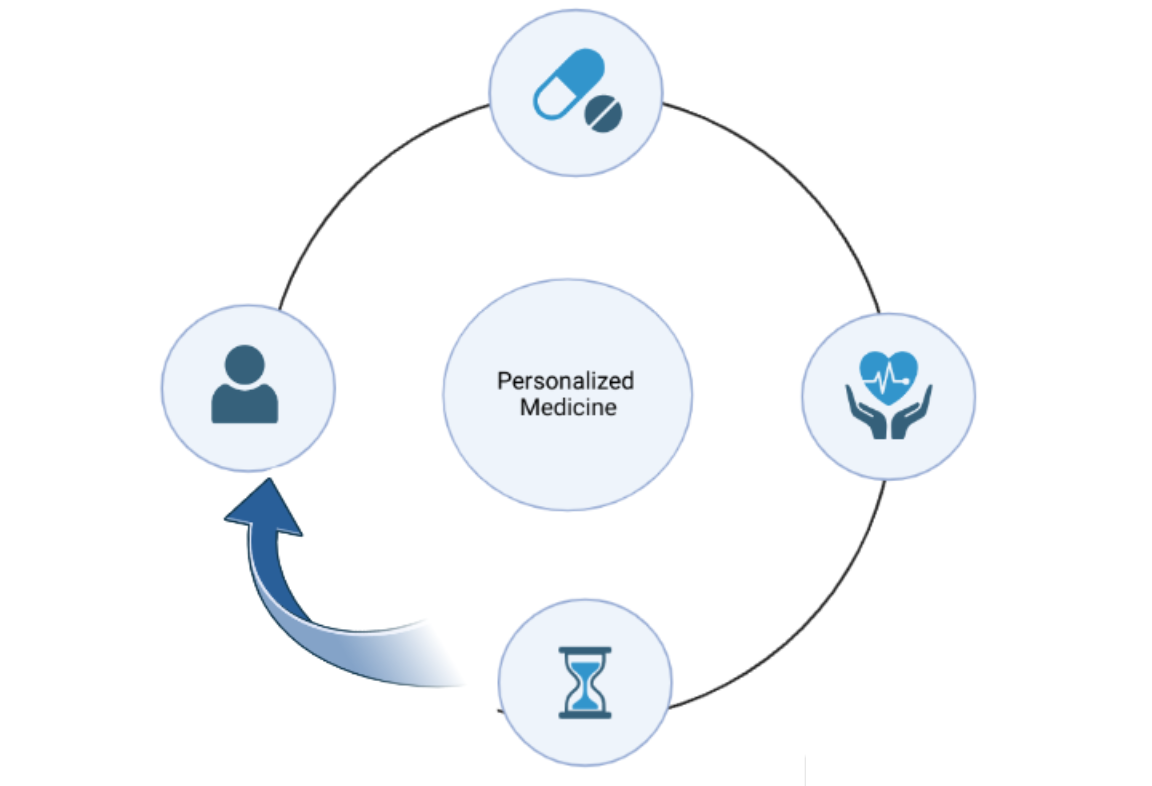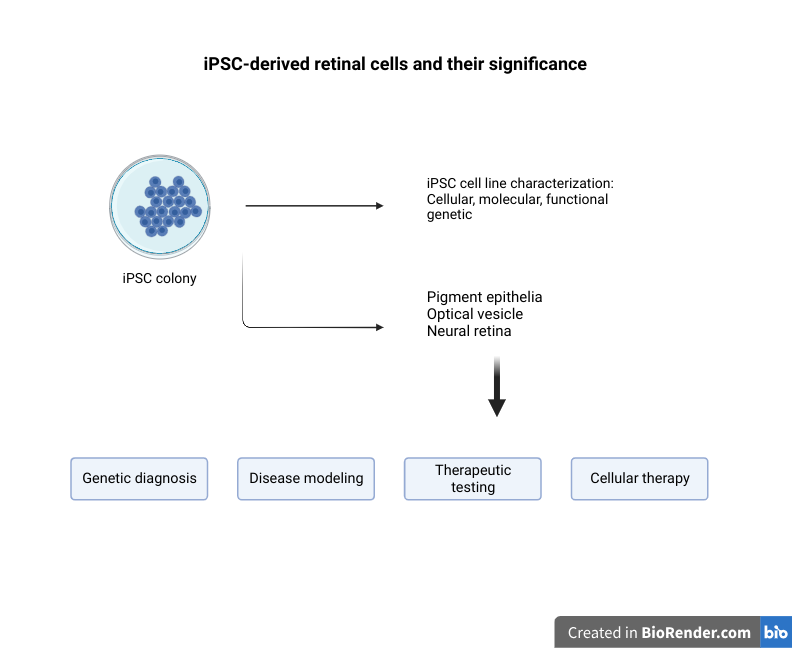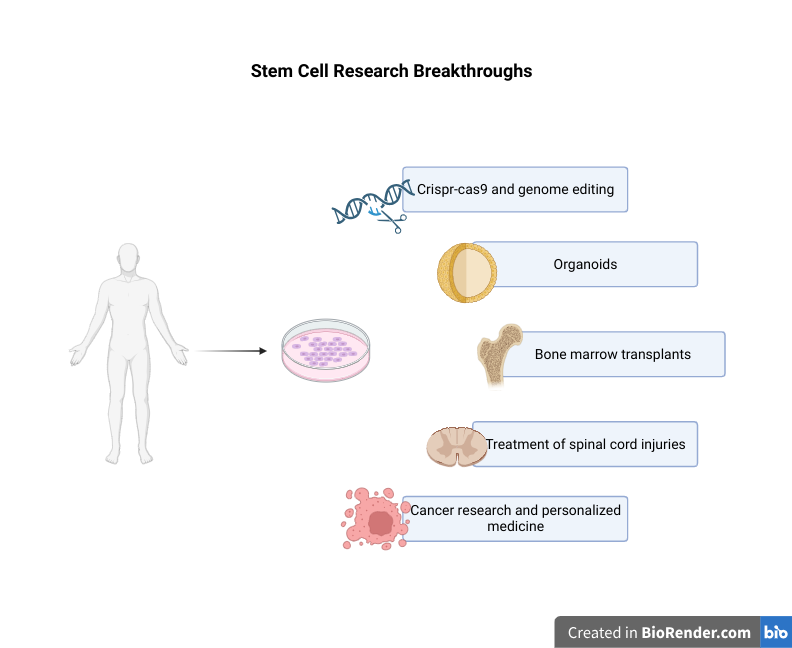
Introduction to precision medicine and its key benefits
Precision medicine is a healthcare approach to treat diseases and illnesses considering individual differences in genes, lifestyle, and environment. It involves tailoring medical decisions, interventions, and therapies to patients’ unique characteristics, allowing more accurate and effective treatment (1).
Precision medicine involves analyzing large amounts of data, including genetic information, medical history, and environmental factors, to identify patterns and make informed decisions about the most appropriate treatment for an individual. By doing so, it aims to improve patient treatment outcomes as well as reducing side effects and optimizing healthcare resources. This article mentions the key benefits of precision medicine over modern medicine (2,3).
1. Personalized treatment: Precision medicine allows for a more personalized approach to treatment, considering an individual’s unique characteristics, such as genetics, environment, and lifestyle. This approach can lead to more accurate and improved diagnoses as well as tailored treatments.
2. Improved outcomes: As treatments are tailored to a patient’s unique characteristics, precision medicine can lead to improved outcomes, making treatments more effective and reducing the risk of adverse reactions.
3. Reduced healthcare expenses: By targeting treatments to individuals who are most likely to benefit, precision medicine can reduce healthcare costs associated with ineffective treatments or prolonged hospital stays.
4. Earlier disease detection: One of the key benefits of precision medicine is that it can help to identify patients who are more likely to develop certain diseases or conditions, allowing early interventions that can prevent or delay the onset of those diseases.
5. Advancements in research: Precision medicine relies heavily on the analysis of large genomic datasets, which can lead to new insights and advancements in medical research, improving our understanding of diseases and their treatments.
Overall, precision medicine is an important development in healthcare, offering the potential to improve patient outcomes, advance medical knowledge, and reduce healthcare costs.
References
1. Akhoon N. Precision Medicine: A New Paradigm in Therapeutics. Int J Prev Med. 2021 Feb 24;12:12. doi: 10.4103/ijpvm.IJPVM_375_19. PMID: 34084309; PMCID: PMC8106271.
2. Naithani N, Sinha S, Misra P, Vasudevan B, Sahu R. Precision medicine: Concept and tools. Med J Armed Forces India. 2021 Jul;77(3):249-257. doi: 10.1016/j.mjafi.2021.06.021. Epub 2021 Jul 3. PMID: 34305276; PMCID: PMC8282508.
3. Strianese O, Rizzo F, Ciccarelli M, Galasso G, D’Agostino Y, Salvati A, Del Giudice C, Tesorio P, Rusciano MR. Precision and Personalized Medicine: How Genomic Approach Improves the Management of Cardiovascular and Neurodegenerative Disease. Genes (Basel). 2020 Jul 6;11(7):747. doi: 10.3390/genes11070747. PMID: 32640513; PMCID: PMC7397223.



